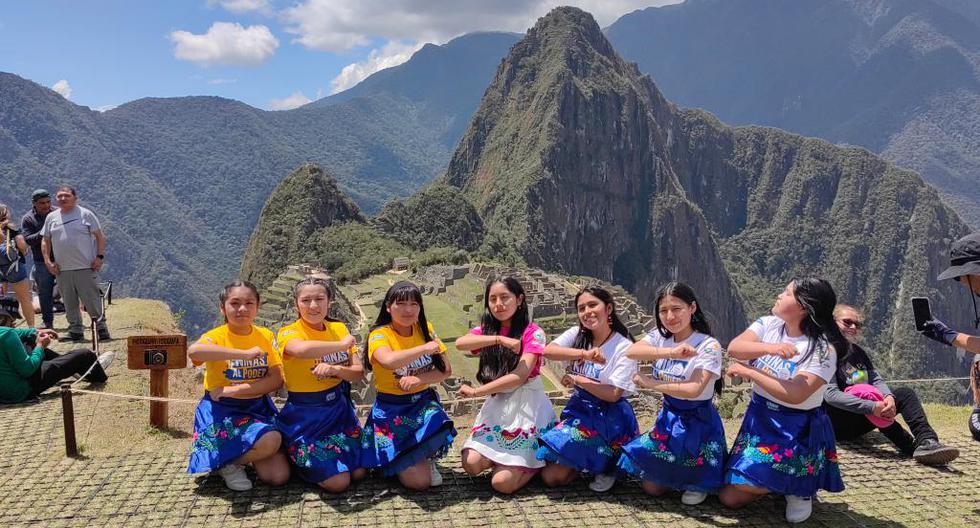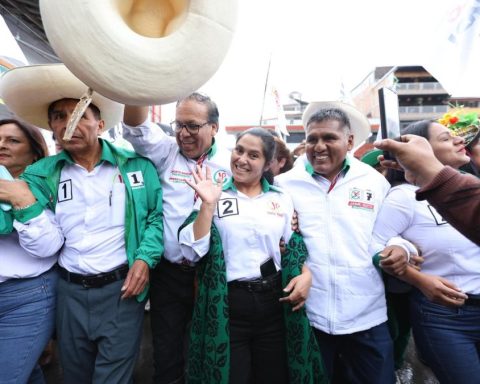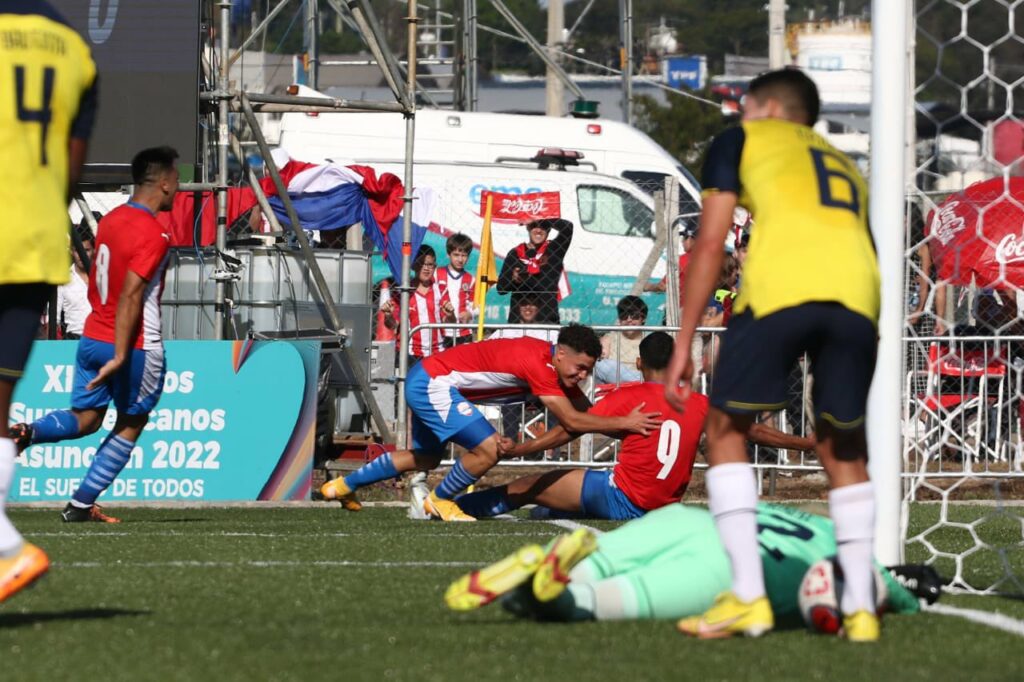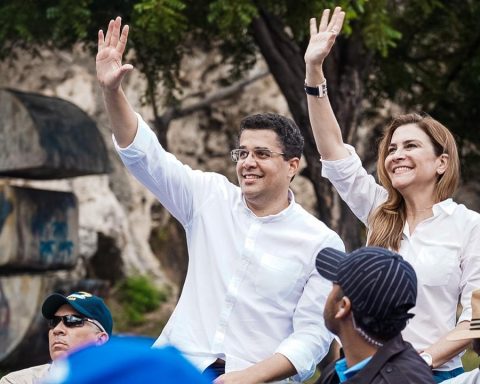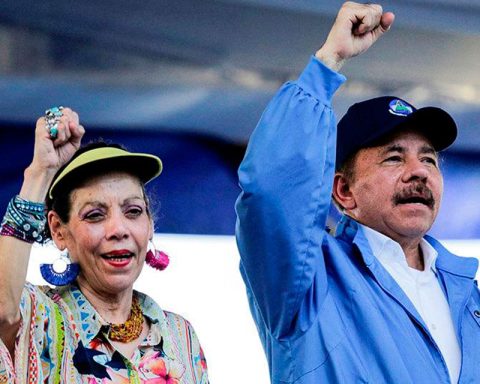From the heights of Cusco, two Peruvian girl leaders launched a manifesto last Tuesday to demand a greater commitment from the State, authorities and civil society in order to eliminate inequality and safeguard their rights, obviously violated if we consider that, worldwide, girls at risk of not studying outnumber boys by 5.5 million.
For the first time at the top of Machu Picchu, the girls expressed their manifesto to the world, for greater inclusion in terms of political participation. This allows us to reflect on their demands in order to be able to influence the promotion of reforms that allow them to continue to have greater participation spaces where their voices are really heard, supported and can be a driving force for actions regarding the government agenda in decisions. that affect them” indicated Veronique Henry, country director of Plan International Peru.
Maybe and Dámaris, two girls from Cusco aged 13 and 16 respectively, read the manifesto to the world, where in Quechua and Spanish they demand greater inclusion in their political participation.
“Key Rimayninchis mañan kamachij warmi kj’arikunaman, kichachunku allin ñanta, llipinchis ch’ila purinapaj” (Our manifesto calls on decision-makers to open safe, inclusive, accessible and sustainable avenues of participation.), he said Maybe at the event.
For his part, the mayor of Machu Picchu, Darwin Baca León, stressed the importance of his district being the epicenter of the empowerment of girls worldwide and emphasized the active listening of the authorities to include girls in participatory environments. politics.
“For us as authorities and citizens we are proud that, in this land, a center recognized by humanity, a proclamation is made to the world from the voice of girls. From this district we make it possible for them to be leaders and be part of the change; Let’s listen to them, respond to their requests and let them participate in decision-making spaces”, declared.
Global Report on the State of the Girl
This 2022, marks a decade of the commemoration of the International Day of the Girl, a date that invites reflection on the progress or setbacks in the search for respect for the rights of adolescent and young girls and women. In this regard, Plan International launched its recent version of the Global Report on the State of the Girl, an investigation in which 29,000 girls and women aged 15 to 24 from 29 countries, including Peru, participated.
“While there have been some significant victories, the progress made on girls’ rights in the last 10 years has been too slow and too fragile. As a result, countless girls around the world face the same inequalities their mothers did years ago. In general, it means that progress has not been sufficient, since there are still very important gaps that need to be paid attention to,” Henry said.
In a complementary way, he commented that there are some data for Peru that can be denoted as worrying. For example, that “66% of girls, adolescents and young people in the country consider that political leaders do not know or do not understand their opinions. Barely 5% of girls in the country are happy with their political leaders. 6 out of 10 girls consider that the main reason for them and their peers to participate in politics is to improve the situation of girls and women in society”, said Henry.
“Among the priorities that girls consider for political action, we find interesting data from the study, such as: 65% of girls in Peru identify poverty and unemployment as priorities for political action. 48% of them indicate that mental and physical health, including sexual and reproductive health and rights, should be a political priority that capitalizes on the agenda”, she concluded.
